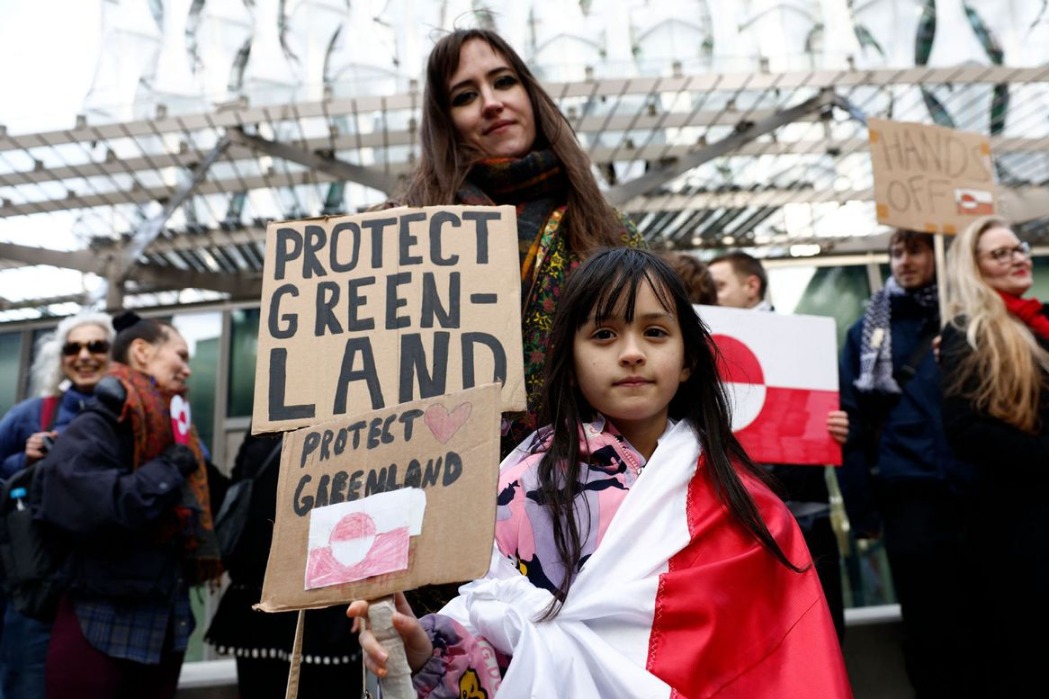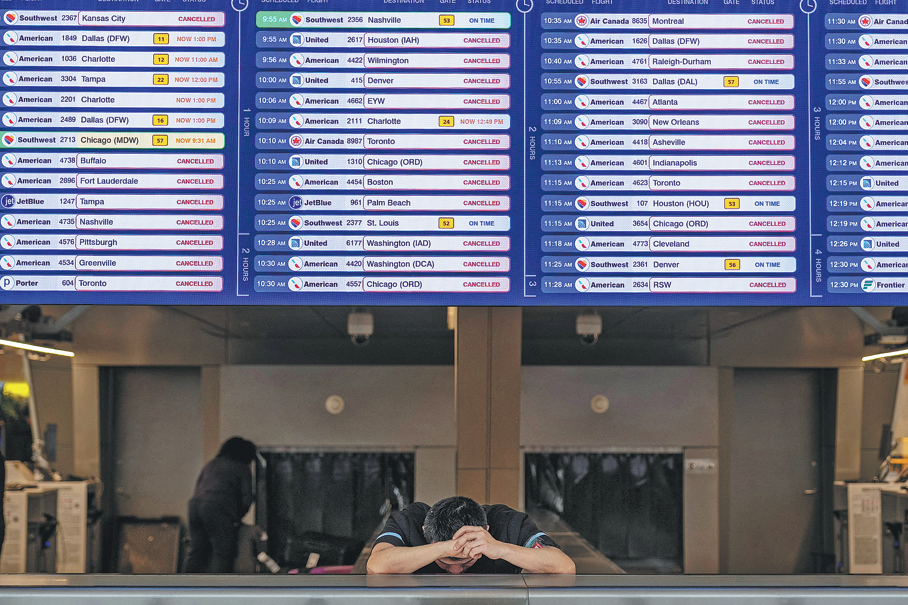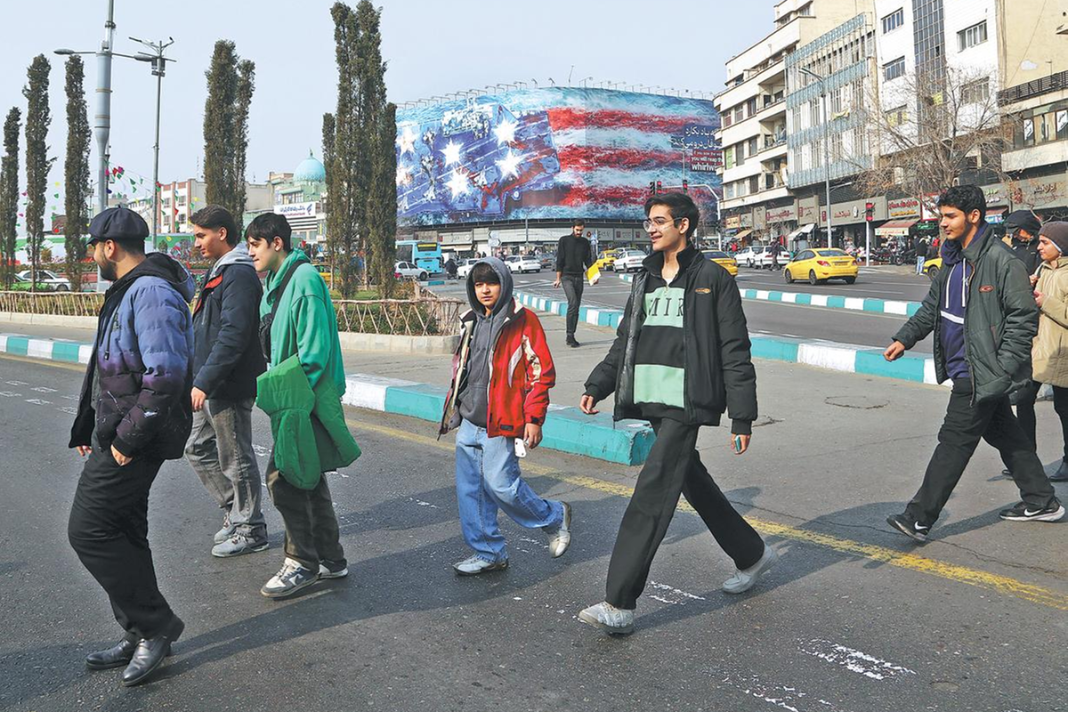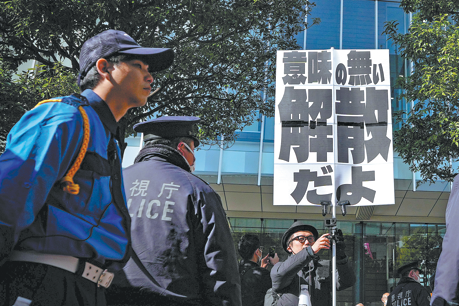Elections test Europe unity amid pressures


Three pivotal elections across Europe on Sunday marked a significant moment for the European Union's political direction, as voters in Romania, Poland, and Portugal weighed choices that could reshape the continent's approach to issues including policy on Ukraine and economic governance.
Early indicators from the three countries were expected late evening on Sunday, with official results to be announced Monday. Polling stations in Romania and Poland remained open until 9 pm local time, while in Portugal, polls closed at 8 pm.
The votes were held at a delicate moment for European unity, with mounting immigration pressures, economic challenges, and growing nationalist sentiment.
United States President Donald Trump's return to power has energized euroskeptics across Europe, with his policies and rhetoric influencing voter behavior across the region, reported Reuters.
In Romania, where markets had already shown jitters after the first round of presidential voting, voters were choosing between two starkly different visions.
Hard-right nationalist George Simion, who topped the first round, represented an euroskeptic stance that opposes military aid to Ukraine. His challenger, centrist Bucharest mayor Nicusor Dan championed anti-corruption efforts and strong EU-NATO alignment.
The stakes were particularly high, given Romania's presidential powers over defense and foreign policy, including authority over military aid decisions and EU voting.
Poland's presidential contest serves as a referendum on Prime Minister Donald Tusk's pro-European agenda, implemented after he displaced the nationalist Law and Justice, or PiS, government in late 2023.
Warsaw Mayor Rafal Trzaskowski faced conservative historian Karol Nawrocki in a race that could determine whether Poland continues its renewed European engagement or pivots back toward nationalism.
The Polish presidency wields veto power over legislation, a tool outgoing President Andrzej Duda, who is aligned with PiS policies, has used to block Tusk's attempts to reverse controversial judicial reforms. Trzaskowski has vowed to work with Tusk's government and strengthen Poland's role in EU policymaking.
"I also hope that we will end the chaos in the justice system that PiS left us," Trzaskowski told state broadcaster TVP Info on Friday.
Portugal's third general election in three years highlights the broader instability challenging European governance. Prime Minister Luis Montenegro's center-right Democratic Alliance led in polls but appeared likely to fall short of a parliamentary majority, reported Agence France-Presse.
Montenegro appealed for a decisive mandate to help Portugal navigate global challenges, saying during a rally in Lisbon on Friday: "We have to do our part at home, and we have to be part of the solutions abroad, in Europe and in the world. And for that we need a strong government."
































